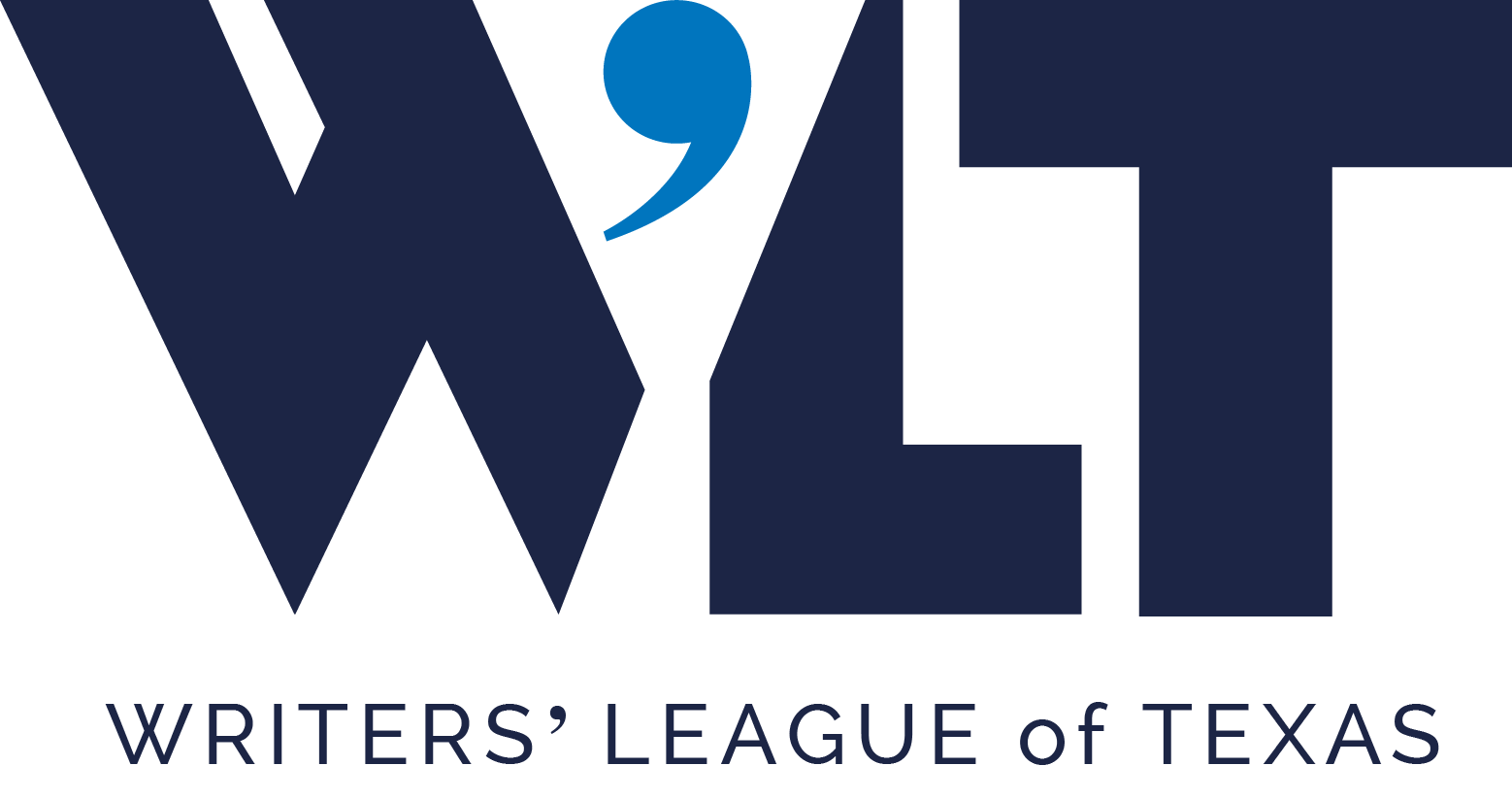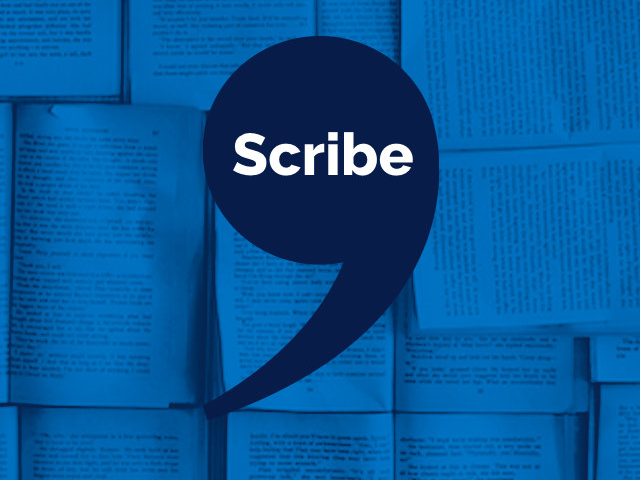An Interview with Agent Susanna Einstein
Susanna Einstein launched Einstein Literary Management in January 2015 after working at other agencies for ten years, first at LJK Literary Management and then at the Einstein Thompson Agency. She has a small but choice list of clients, including Bruce DeSilva, Ree Drummond (aka The Pioneer Woman), David Ellis, Amy Fusselman, Rachael Herron, Emmy Laybourne, Holly Robinson, and Cynthia Swanson. She’s interested in representing fiction across many categories and genres, including upmarket women’s fiction, historical, crime, literary, young adult & middle grade. On the nonfiction side, she’s interested in memoir. She has worked in publishing since 1995, first in the publicity and editorial departments at what was then called Warner Books (now Grand Central Publishing) and then as a literary scout at Maria B. Campbell Associates. Read the interview below to learn more.
 Scribe: How would you describe your personal approach to working with a writer/client?
Scribe: How would you describe your personal approach to working with a writer/client?
Susanna Einstein: There is no “one size fits all” method. My approach is dependent on the client and their needs. With some clients–first-time authors, for instance–I am very involved in getting the project ready for submission. I do a lot of editing and help to polish the book as much as possible before getting it to editors. Clients working on their third or fourth book with a particular editor may need less from me editorially, but more in the way of business advice. Or they may want me to read and comment on their book before sending it to their editor. I try to figure out what the client wants and needs and use that as a guide.
Scribe: If a potential client could do one thing to make the experience of working together even better, what would it be?
SE: I’d love for all of my clients to have a sense of perspective. Our world right now is very much one of immediate gratification. We can binge-watch tv shows, tweet back and forth with our favorite writers, and get sales numbers right away (well, some percentage of them) from BookScan, but for any writer who wants a career, with a long backlist, it’s essential to keep the bigger picture in mind. A bad review on one blog is not a tragedy for the ages, and getting your book picked at a superstore doesn’t guarantee your future.
Scribe: What is your biggest pet peeve when it comes to receiving submissions, reading work, etc.
SE: My biggest pet peeve is people wanting an agent just because they’ve finished their first draft. I compare that to someone wanting to dance with a ballet company after their first year of ballet class. It is a major accomplishment to finish a book, and anyone who does should be proud. Once you’ve patted yourself on the back for a while, you should put the manuscript in a drawer for six weeks, and come back to it with fresh eyes, and revise it. Workshop it, bring it to your critique group, etc. Then do your homework on who the right agents would be for your book, and then send it off. If you want to publish something just because you’ve finished something, you don’t need an agent, you need a self-publishing website.
Scribe: You often hear that it’s the first ten pages–or even the first page–that sells a story. Is there something particular that you look for in those first few pages?
SE: I don’t consciously look for anything, but the books that I love, or that I’ve taken on, all have a distinct voice, and a sense that I’m in the hands of a storyteller who knows what they’re doing.
Scribe: If you could give writers one piece of advice, what would it be?
SE: That being published is a very different beast from being a writer. Writing because you love to write is a perfectly legitimate endeavor. Being published can be very fulfilling, but it can also be demoralizing, so if you are determined to be published, then make sure that you inform yourself about what you can expect, so that you don’t let the process take the fun out of writing.
Scribe: Tell us about a project you took on, even though it wasn’t like projects you usually take on, because there was something special or unique about it that you couldn’t say no to; or tell us about an exciting or proud moment in your career as an editor or agent.
SE: I took on a book called Savage Park, which is unlike anything else I’ve ever read. It’s nonfiction, and I don’t do a lot of nonfiction. It’s subtitle is “A Meditation on Play, Space, and Risk for Americans Who Are Nervous, Distracted, and Afraid to Die” and that’s absolutely what it is–part manifesto, part memoir, about how we relate to the space around us, particularly in terms of parenting. It’s a short, brilliant book that I read in one sitting and HAD to represent. I sent it out fairly widely and it was turned down by a ton of editors who loved the writing but couldn’t figure out how to publish the book. Then Lauren Wein at Houghton Mifflin Harcourt had the same reaction I did to it–she felt she HAD to work on the book. It published earlier this year to great reviews and I can’t recommend it enough.
–Thanks, Susanna!
Click here for a full list of our 2015 A&E Conference Faculty.
Click here for more information and to register for the 2015 A&E Conference.
Click here to register for the Keynote Luncheon.









